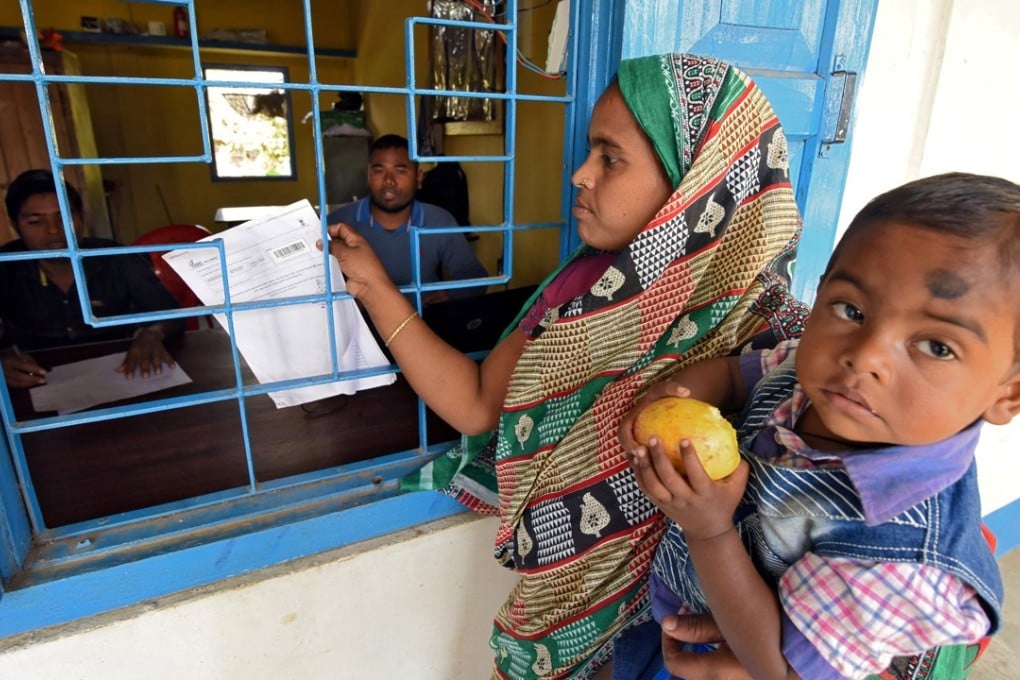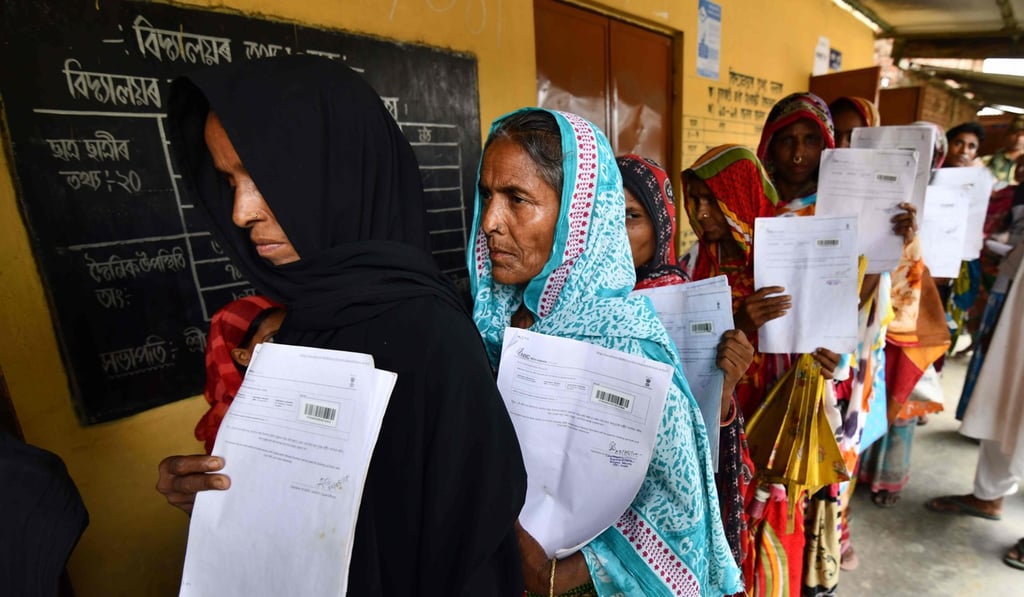Asian Angle | Bengali & Muslim: what next for Assam’s forever foreigners in Modi’s India?
Four million people have just one month to prove they belong, triggering widespread fear and panic as India’s senior leaders refuse to clarify what happens to those who do not make the cut

The fate of four million Bengali speaking people in India’s large north-eastern state of Assam today hangs in perilous balance.
Their names have been left out of the penultimate draft of the National Citizens Register. This means that if they are unable to prove their Indian citizenship in the last chance they will get for this – with only one month to file their claims – they will be judged to be excluded from India’s register of citizens.
During the first half of the 1980s, Assam had become the epicentre of some of the most violent clashes India has witnessed since its independence from the British in 1947. A student-led agitation was mounted against people described by indigenous Assamese as “foreigners”. India shares a porous 4,000km border with Bangladesh.
India: no country for Muslims
For two centuries, impoverished Bengali peoples have moved to Assam in search of land and work, as Assam offered the prospects of a new life by converting forest and riverine islands into farms. This migration was also encouraged by the colonial policies for both creation of massive tea plantations and to grow more food. This continued unchecked for as long as both these regions were part of one country. Even after India’s independence, people fled first what was East Pakistan during the bloodshed of India’s partition, and then during the liberation struggle of the Bangladeshi people from Pakistan in 1971.

These refugees from violence and poverty became the subjects of two successive chauvinist political movements in Assam, built on apprehensions of indigenous Assamese of being “swamped” by Bengali immigrants.
The first movement constructed the Bengali speaking residents of Assam to be “foreigners” even though the very large majority of these immigrants had entered India over many decades without violating any law. The “anti-foreigners movement” that rocked Assam in the 1980s was fuelled by such Assamese sub-nationalism, and it opposed the growing numbers of both Muslim and Hindu Bengali immigrants.
